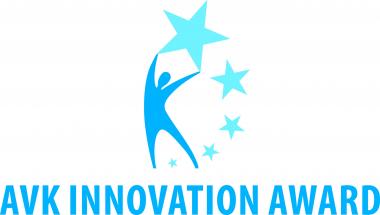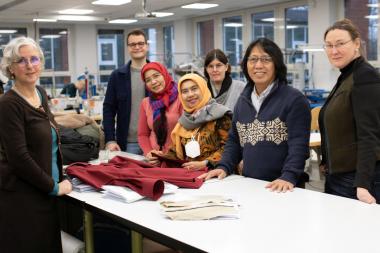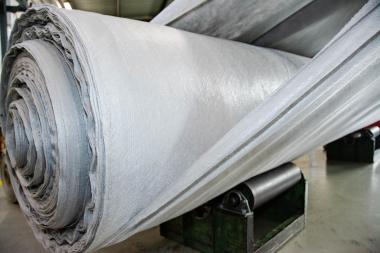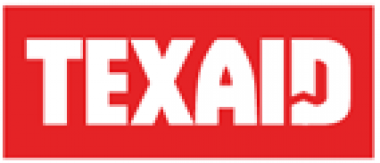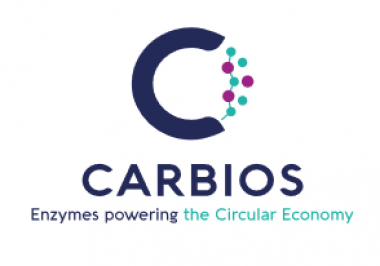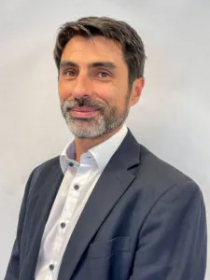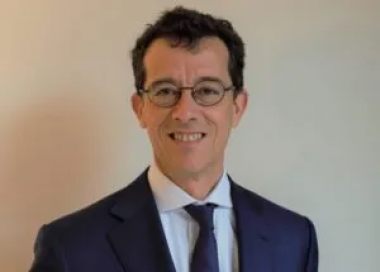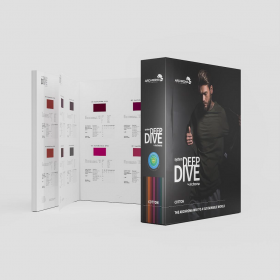Kelheim Fibres, Sandler and pelzGROUP develop plastic-free panty liner
Viscose speciality fibre manufacturer Kelheim Fibres, nonwoven producer Sandler, and hygiene product manufacturer pelzGROUP have jointly developed a new panty liner that is plastic-free according to the European Single-Use Plastics Directive (SUPD). This innovative solution is a step towards reducing the amount of plastic in hygiene products – and thus also a contribution to tackling the problem of plastic pollution.
According to a UNEP study on marine litter and microplastics, eight million tons of plastic end up in the oceans every year. A significant portion of this pollution comes from single-use plastic products, including conventional period products such as pads or panty liners.
The partnership between the three companies was formed under the Open Innovation principle, which allowed for creative idea exchange and facilitated the development of an innovative product. According to Jessica Zeitler, R&D Specialist at Sandler, “Our collaboration with Kelheim Fibres and pelzGROUP is a great example of how companies can work together to create solutions that benefit both the environment and consumers. We are proud to be part of this project and the opportunities it offers.”
For hygiene product manufacturer pelzGROUP, it is important to combine sustainability and performance to achieve broad acceptance in the market. “Our panty liner meets the strict requirements of the European Single-Use Plastics Directive (SUPD) while also matching the performance of conventional synthetic products. At the same time, our new panty liner has a completely European supply chain. This means short distances and therefore low CO2 emissions, and – especially in times of global disruption – reliability for our customers,” emphasizes Dr. Henning Röttger, Head of Business Development at pelzGROUP.
"Our viscose speciality fibres are an environmentally friendly and high-performance alternative to synthetic materials," says Dominik Mayer, Project Manager Fibre & Application Development at Kelheim Fibres. "They are at the very beginning of the product value chain and yet have an enormous impact on the functionality of the end product. Open innovation allows us to bring all partners in the value chain to the table, to find the best solution together in a very short time and bring it to commercialisation - the collaboration with Sandler and pelzGROUP is an important milestone in our AHP journey."
Kelheim Fibres GmbH












